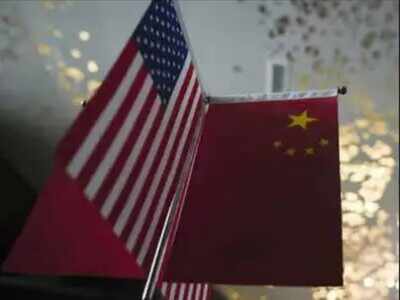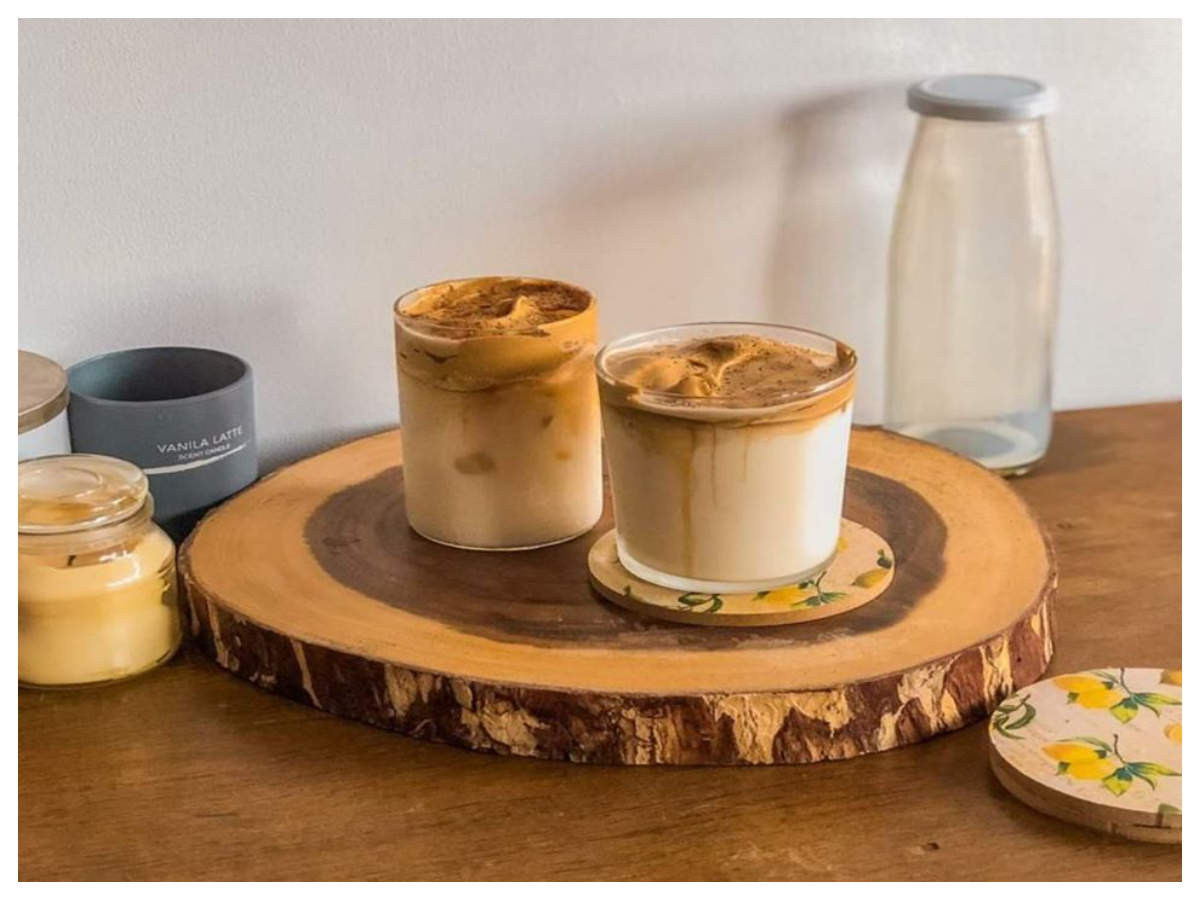
WASHINGTON: US lawmakers, politicians, and officials are training their guns on China, with some of them wanting to send Beijing a bill for unleashing a worldwide pandemic that has cost Washington more than 26 million jobs and trillions of dollars in relief spending.
Anger in political circles, particularly in the Republican Party, has manifested itself in legislative proposals seeking to allow U.S citizens to sue China in American courts for the pandemic, calling for sanctions on Chinese officials, and in the most extreme suggestion, defaulting on the $1 trillion-plus US debt to China.
Former US ambassador to the UN and former South Carolina governor, Indian-American Nikki Haley, widely seen as a prospective last-minute vice-presidential nominee for a Trump second term, is among those pressing for action against Beijing. "China’s Communist government needs to be held accountable for their role in lying about the Coronavirus pandemic, and the US Congress needs to respond – now," Haley said in a STOP Communist China petition that received rousing endorsement in Republican circles this week.
Among other steps, Haley called for the Trump administration to end China's stranglehold on critically-important supplies and bring manufacturing of medical equipment and pharmaceuticals back to America.
Other US lawmakers want to go even further. In a precipitate suggestion, Haley’s fellow South Carolinian, Senator Lindsey Graham, who has President Trump’s ear, called for cancelling the more than $1 trillion in U.S treasury securities that China holds. Some lawmakers have called for a "pandemic tariff" on Chinese goods.
Experts have warned that any such default will derail the world financial system based on trust in US treasury bonds underwritten by the US government’s promise of repayment. India -- among countries such as Japan and many Gulf nations -- holds about $160 billion in US treasury bonds – its foreign exchange reserves kept in US securities for periodic interest.
The extreme measures being proposed against Beijing come amid growing adverse public opinion towards China. Some 66 per cent of Americans now hold an unfavorable view of the country, up from 47 per cent three years ago just after Trump was sword in as President, according to the Pew Research Center. Republicans hold a 72 percent unfavorable view.
Going back to the Nixon era, the U.S initially made heavy geo-political investments in China (and its ally Pakistan) to counter the former Soviet Union (and at the expense of India). But realisation is now dawning on Washington that China ran away with the American outlay to become a global US rival even as Russia paled into relative economic insignificance. The US is now desperately trying to reel back its investment in China.
Both countries are locked in an economically MAD – Mutually Assured Destruction – scenario that is usually applied to nuclear warfare. The US depends on China’s supply-chain logistics for a vast array of products from iPhones and a range of white goods. China in turn depends on US consumption for its growth and prosperity. So do US farmers depend on Chinese consumption for their agriculture produce.
President Trump, who has blown hot and cold over China lately, has not revealed his mind about the growing pressure from the Republican rank and file to get tough with Beijing. But his cabinet principals, notably Secretary of State Mike Pompeo and National Security Advisor Robert O’Brien have channeled public mistrust, saying China needs to be held accountable for the loss of life and the enormous economic costs.
Pompeo, who spoke with his Indian counterpart S.Jaishankar earlier in the week, has said the US will be working with other countries "to make sure they understand the virus originated in Wuhan, China and that the Chinese government knew about this certainly by December of 2019."
"Diplomatically, we're reaching out to countries all across the world to help them do the right thing, to help their economies get started back up, to make sure that when the time is right we can get international travel kicked back up so that global commerce can recommence," Pompeo said.
On Friday, Trump held his shortest ever White House briefing on coronavirus, winding it down after only about 25 minutes without taking question after the previous day’s fiasco where he mused about injecting disinfectants into the human body to kill coronavirus. He later claimed he was being sarcastic.
The sarcasm was lost on a country where the toll from the pandemic crossed 53,000 on Saturday – accounting for nearly 25 per cent of global deaths from Covid-19 -- with the total number of cases closing in on a million. Despite this, several states began re-opening for business, responding to a public frustrated by loss of employment and access to public spaces.
Beaches in Florida and California were particularly crowded, with people apparently noting studies showing the coronavirus does poorly in sunlight and heat.
Anger in political circles, particularly in the Republican Party, has manifested itself in legislative proposals seeking to allow U.S citizens to sue China in American courts for the pandemic, calling for sanctions on Chinese officials, and in the most extreme suggestion, defaulting on the $1 trillion-plus US debt to China.
Former US ambassador to the UN and former South Carolina governor, Indian-American Nikki Haley, widely seen as a prospective last-minute vice-presidential nominee for a Trump second term, is among those pressing for action against Beijing. "China’s Communist government needs to be held accountable for their role in lying about the Coronavirus pandemic, and the US Congress needs to respond – now," Haley said in a STOP Communist China petition that received rousing endorsement in Republican circles this week.
Among other steps, Haley called for the Trump administration to end China's stranglehold on critically-important supplies and bring manufacturing of medical equipment and pharmaceuticals back to America.
Other US lawmakers want to go even further. In a precipitate suggestion, Haley’s fellow South Carolinian, Senator Lindsey Graham, who has President Trump’s ear, called for cancelling the more than $1 trillion in U.S treasury securities that China holds. Some lawmakers have called for a "pandemic tariff" on Chinese goods.
Experts have warned that any such default will derail the world financial system based on trust in US treasury bonds underwritten by the US government’s promise of repayment. India -- among countries such as Japan and many Gulf nations -- holds about $160 billion in US treasury bonds – its foreign exchange reserves kept in US securities for periodic interest.
The extreme measures being proposed against Beijing come amid growing adverse public opinion towards China. Some 66 per cent of Americans now hold an unfavorable view of the country, up from 47 per cent three years ago just after Trump was sword in as President, according to the Pew Research Center. Republicans hold a 72 percent unfavorable view.
Going back to the Nixon era, the U.S initially made heavy geo-political investments in China (and its ally Pakistan) to counter the former Soviet Union (and at the expense of India). But realisation is now dawning on Washington that China ran away with the American outlay to become a global US rival even as Russia paled into relative economic insignificance. The US is now desperately trying to reel back its investment in China.
Both countries are locked in an economically MAD – Mutually Assured Destruction – scenario that is usually applied to nuclear warfare. The US depends on China’s supply-chain logistics for a vast array of products from iPhones and a range of white goods. China in turn depends on US consumption for its growth and prosperity. So do US farmers depend on Chinese consumption for their agriculture produce.
President Trump, who has blown hot and cold over China lately, has not revealed his mind about the growing pressure from the Republican rank and file to get tough with Beijing. But his cabinet principals, notably Secretary of State Mike Pompeo and National Security Advisor Robert O’Brien have channeled public mistrust, saying China needs to be held accountable for the loss of life and the enormous economic costs.
Pompeo, who spoke with his Indian counterpart S.Jaishankar earlier in the week, has said the US will be working with other countries "to make sure they understand the virus originated in Wuhan, China and that the Chinese government knew about this certainly by December of 2019."
"Diplomatically, we're reaching out to countries all across the world to help them do the right thing, to help their economies get started back up, to make sure that when the time is right we can get international travel kicked back up so that global commerce can recommence," Pompeo said.
On Friday, Trump held his shortest ever White House briefing on coronavirus, winding it down after only about 25 minutes without taking question after the previous day’s fiasco where he mused about injecting disinfectants into the human body to kill coronavirus. He later claimed he was being sarcastic.
The sarcasm was lost on a country where the toll from the pandemic crossed 53,000 on Saturday – accounting for nearly 25 per cent of global deaths from Covid-19 -- with the total number of cases closing in on a million. Despite this, several states began re-opening for business, responding to a public frustrated by loss of employment and access to public spaces.
Beaches in Florida and California were particularly crowded, with people apparently noting studies showing the coronavirus does poorly in sunlight and heat.
Download
The Times of India News App for Latest World News
Subscribe
Start Your Daily Mornings with Times of India Newspaper! Order Now

Coronavirus outbreak
Trending Topics
LATEST VIDEOS
More from TOI
Navbharat Times
Featured Today in Travel
Get the app









